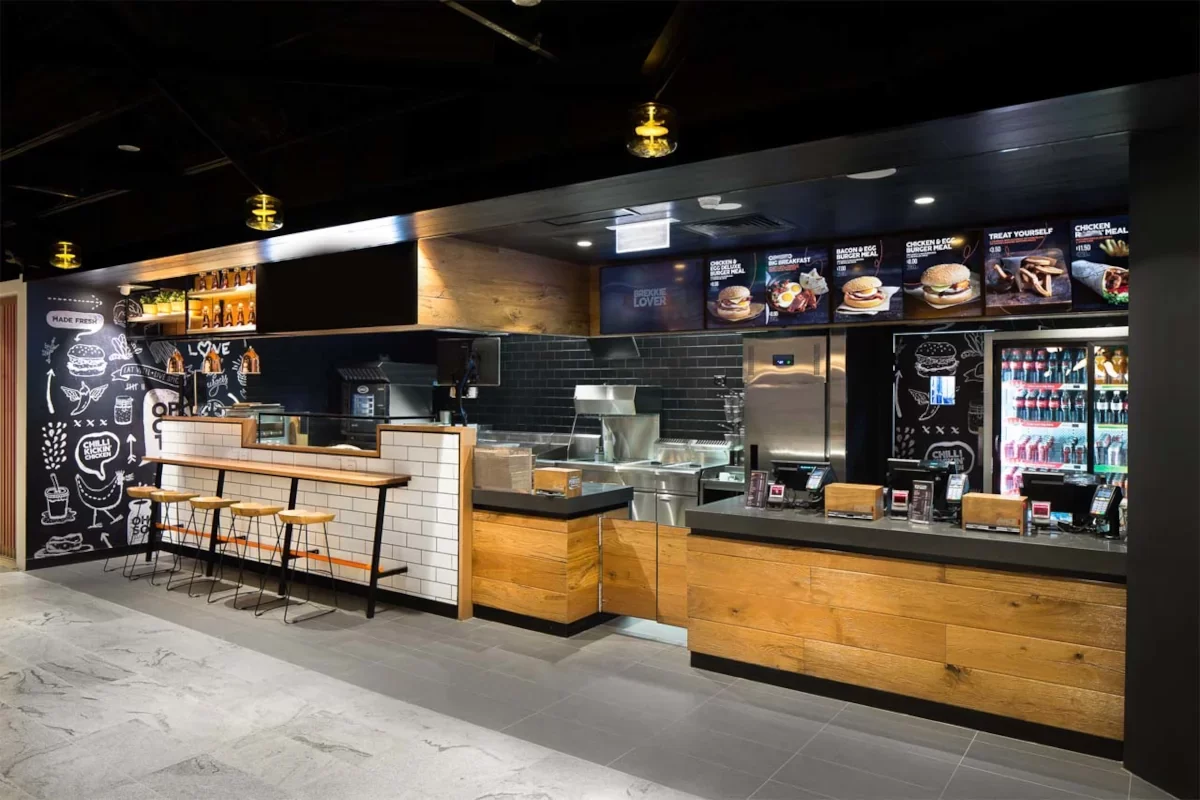Want more franchise partners engaged with national roll outs of new equipment?


The simplest question...
For a borrower it probably seems like the simplest of questions; ‘How much will you lend me?’ but for a lender that’s actually quite tricky, there are just so many variables. Instead, most lenders will say; ‘Show me how much you need, and what for, and I’ll tell you yes or no’. So how do we solve the impasse?
Well, whilst there are a lot of things a lender might consider when making a lending decision, there’s two key questions that will cut to the heart of their views on affordability, and ultimately their view as to whether or not you can afford a particular franchise purchase. 1. How much skin do they have in the game? and 2. Does it service? So, what is your bank or finance company looking for?
CFI are the experts when it comes to helping new franchisees get their start!
'Skin in the game'
Servicing
Servicing is our other great affordability measure. From a financier’s perspective the question of whether or not someone can afford a particular franchise (or anything at all) is usually wrapped up in what lenders broadly refer to as ‘servicing’. At any given time of day, in banks and finance companies across the country, grey haired and bespectacled risk assessor types can be found shuffling through page after page of carefully prepared loan applications, ignoring almost everything written upon each page, before looking up and asking THE question “Does it service?” I jest of course, we stopped using paper long ago, we peer over computer screens these days and some of us are much less ‘banky’ than others, but in some form the question “Can they afford to pay all their bills and repay our loan?” is definitely still being asked.
This might seem like the simplest of calculations, income – expenses = profit, right? Sure, but there are lot of what if’s and maybe’s that go into that question. Firstly, for a new business almost every component of your financial forecast will be an assumption, your best guess as to what things will cost. You might not have chosen premises yet, so rent will be an assumption. You might not have hired staff yet, what if you have to pay more to get the people you need? What about income? Hopefully you know how many customers you need, or how many sales you’ll have to make, and what it will cost you, but all of it is still your best guess. Your lender might test your assumptions against other similar businesses, maybe even against other franchises in the network, but your future as a franchise owner is still somewhat unknown.
Generally, your lender is going to want to see that your business will generate enough income to pay its bills (including taxes) and have enough left over to make your loan repayments. Remember also that if you’re going to be working in the business the lender is probably going to want to see that you can draw a living wage (whether through profits or as an employee).
Tip: If you’re retaining other external sources of income don’t forget to highlight this when applying for finance.
Bring it all together
Any advice provided by CFI is general in nature and does not take into account your specific requirements or circumstances. CFI recommends obtaining professional legal and financial advice before undertaking any material business transaction, including obtaining finance.
How can we help?
Request a call-back
Let us know how and when you'd like to be contacted and one of our lending specialists will contact you at a time that's convenient.
Give us a call
Ready to chat now? Just Call 1300 659 676 and talk to one of our friendly team.
Have a question
Check out our Frequently Asked Questions with answer to the queries we get most often.






